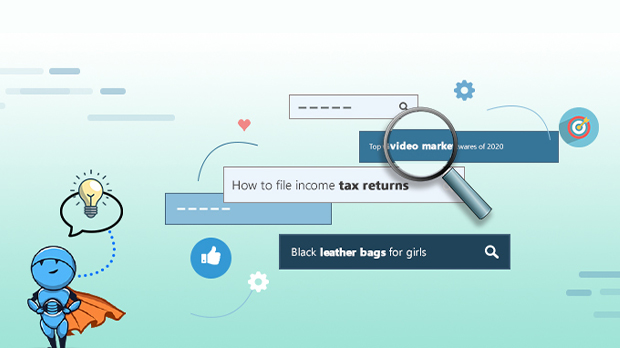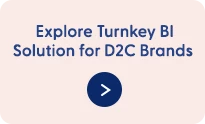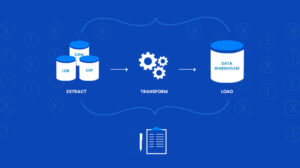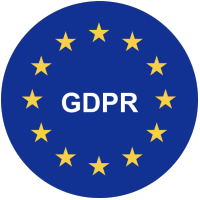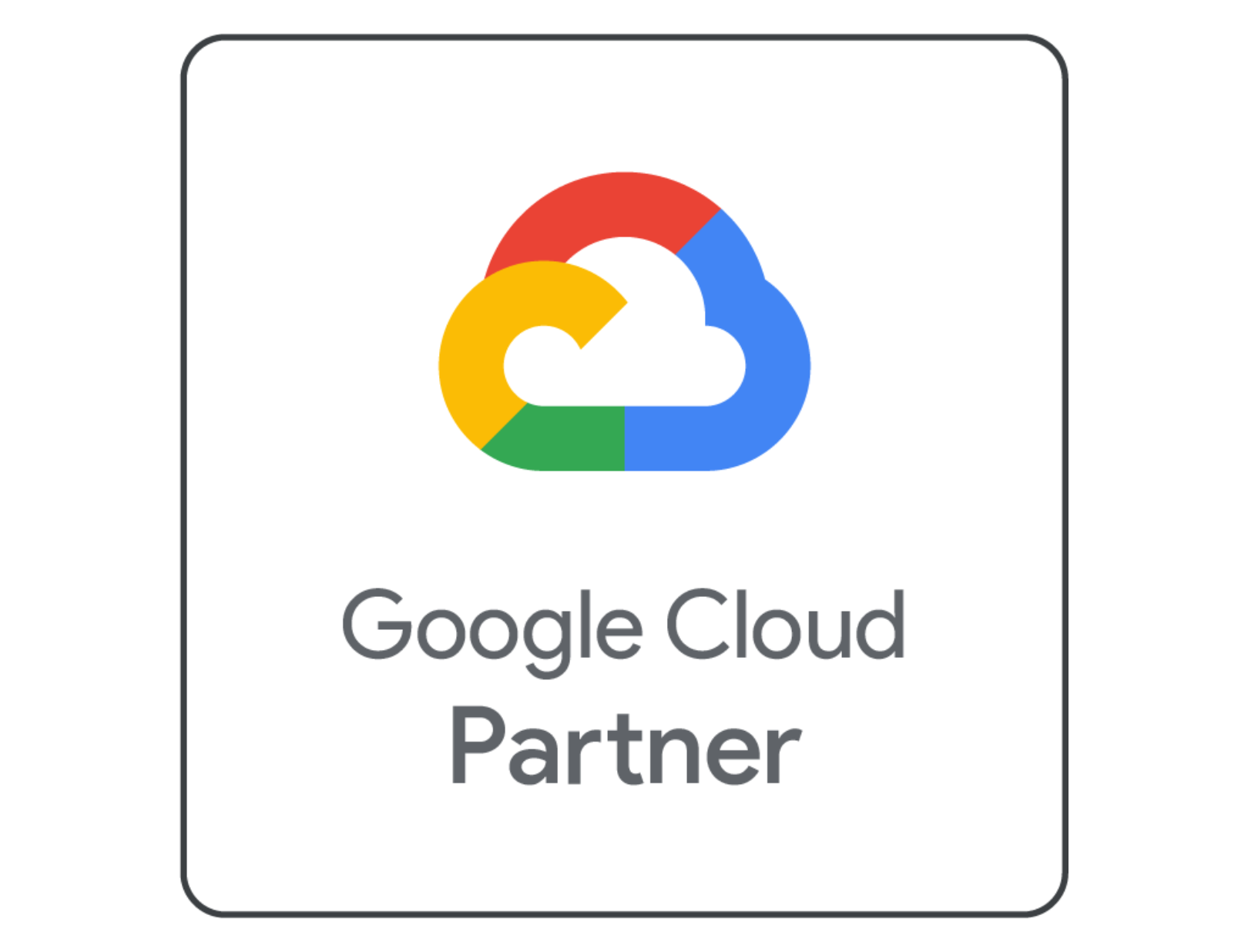Are You Losing Revenue Due to the lack of Good Keyword Strategies?
If you own or run an online business, you might be losing a chunk of your revenue for not ranking high up in search results. Companies resort to digital marketing to improve their SEO score to rank at the top. Keywords being the most crucial aspect of any digital marketing campaign, various keyword strategies are formed where the aim is to influence the right people at the right time to purchase your brand, by spending the least amount of money. Keywords are the words that customers generally use to search for a particular product. Keywords are mostly the reflection of a person’s mindset. Thus using the right keywords in the right way, you can get more traffic to your website. This will eventually result in more inflow of potential customers and more revenue. In this article, we will see how these keyword strategies can be formed effectively by harnessing detailed data insights.
Keyword Strategies: How to Plan Your Research?
There may be hundreds of relevant keywords which can drive potential customers to a website. The challenge is to monitor the performance of each keyword continuously, and research for new keywords, especially the ones that your competitors are using. This monitoring is a mammoth task when done manually and without any planning. So brands increasingly depend on tools like :
- Google Keyword Planner
- Ahrefs
- Soovle
- Jaaxy
These tools not only help you in getting keyword ideas but also monitor and track keyword performances.
Using the right tool is just a part of the process. To understand the performance of keywords, you need to understand the behavioral patterns of the users coming into your website. So, try to look at data from tools like Google Analytics, Google Adwords, Social media marketing campaigns, your internal sales data, or sales data from Amazon, eBay, or other eCommerce platforms. This monitoring often becomes impossible if done manually, and it is required to consolidate this data into a central data warehouse centrally and then do an in-depth analysis. You would need the help of easy to use data pipelines like Daton for this purpose.
What are the Different Types of Keywords?
For a better understanding, let us look at ways in which keywords can be classified:
Generic keywords
These are searchable or identifiable words that have a relatively broad scope. Generic keywords tend to produce a relatively large number of matches and tend to have a higher cost.
Example: Online Shopping
Market Segment Keywords
Market segment keywords are generic keywords broadly associated with an industry.
Example: leather bags
Customer-Defining Keywords
These keywords are phrases used in the search to define a specific subset of customers or audience.
Example: leather bags for women
Product Keywords – Product keywords are search phrases that directly reference a company’s products or services or offerings. Brands generally come up with a keyword strategy for each of their products and services to get identified easily through search.
Example: Gucci Soho bags
Brand Keywords
These are types of keywords that include a brand’s name or other branded terms associated with the product.
Example: Gucci sling bags
Competitor Keywords
Competitor keywords are search phrases that target brand names of competing businesses, products, or services. It is advantageous because it allows the brand to catch the attention of a similar audience of interested, potential buyers.
Example: For Gucci, a competitor keyword will be Prada leather bags.
Geo-Targeted Keywords
Geo-targeted keywords are search phrases used to identify a location.
Example: Gurgaon leather bag store
Related Keywords or LSI Keywords
These are also known as latent semantic keywords that are semantically related to a primary keyword, its variations, or synonyms.
Example: If the primary keyword is leather bags, then related keywords could be: leather bags reviews, leather bags sales, and best leather bags.
How do brands form keyword strategies?
Now that we have a better understanding of keywords, let us look at an overview of a typical keyword strategy used by brands.
- What is the product I want to sell?
- What is my target audience?
- Who are my competitors?
- What are my goals?
- What branding message do I want to send?
- Where are customers in the buyer’s Journey?
- What’s the competition doing / How can I do it better?
- What tools/human resources do I need?
- How do I Increase keyword-landing page relevance?
- What do I measure to know I’m on track?
- How can I optimize to maximize my ROI?
Various steps in designing powerful keyword strategies
- Research is the most vital part of any brand’s keyword strategy. Research is a continuous process, and it involves finding out the most effective audience demography, the keywords most used by them, the keywords related to your brand, keywords used by competitors, and tracking the performance of those keywords over time.
- Optimizing Your Website Content – The main reason to use keywords in online marketing strategies is to rank on top in search results. This is only possible if the keywords are correctly implemented in the website and the content. After that, regular website audits are required. This is important as search result traffic is organic and therefore, highly engaged with a probability of higher conversions, and most importantly, it is free traffic.
- Optimizing your paid campaigns with keywords – When it comes to Ads, bidding on the right keyword helps to maximize the inflow of relevant traffic, thereby reducing the campaign costs. Even in Email Marketing, SMS marketing, and Push notifications, the use of relevant keywords helps increase open rates, and CTRs and ultimately increase conversions.
- Tracking Keyword Performance – All your Traffic sources like Ads, emails, and searches must be tracked through UTM links. It is necessary to map those visits to conversions and keep track on the effectiveness of keywords so that further optimizations can be made.
How Daton Helps In Devising A Better Keyword Strategy?
A keyword strategy forms the basis of any digital marketing campaign and is an essential factor that determines the success of any campaign. If not done correctly, you would end up losing money when it comes to online ad spending. Marketers focus a lot on research to optimize the use of keywords for the best results. This process of mapping keyword performance is very complicated and takes up much time. Companies generally use tools like Semrush, Google Search Console, and Google Analytics for proper tracking, research, and analysis. This tool requires feeding data from multiple sources, and companies typically use a data warehouse for this purpose.
Daton is a data pipeline that makes integrating different data sources easy and straightforward. Additionally, all the crucial insights can directly be obtained from the populated data warehouse. Hence Daton reduces both the time and effort put by marketers in consolidating data from several sources; instead, they can focus on devising effective Keyword strategies. Why not save time and earn more money simultaneously by formulating the best keyword strategies with the help of Daton? Click here to sign up for a free trial now.
